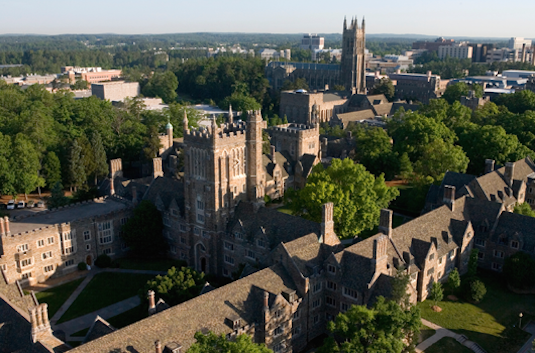DQC Seminar Series: Application-level benchmarking of Quantum Computers using Non-Local Games

In a nonlocal game, two noncommunicating players cooperate to convince a referee that they possess a strategy that does not violate the rules of the game. Quantum strategies allow players to optimally win some games by performing joint measurements on a shared entangled state, but finding these strategies can be challenging. In this talk, we will provide an overview of some interesting nonlocal games on graphs and discuss a variational algorithm for computing these quantum strategies. When applied to a specific graph, our algorithm was able to generate a novel short-depth circuit that implements a perfect quantum strategy, i.e. a strategy that utilizes entanglement as a resource to win the game with probability one. We will argue how these quantum strategies can act as high-level benchmarks of quantum devices since these strategies demand non-local correlations for their successful execution. Finally, we will discuss recent results and challenges when running these quantum strategies on superconducting and ion-trap quantum devices, as well as outline some future research directions for scaling such games.
Bio: Dr. Carlos Ortiz Marrero is a data scientist at Pacific Northwest National Laboratory (PNNL) and deputy lead of the software thrust at the DOE Co-design Center for Quantum Advantage (C2QA). He received his PhD in Mathematics from the University of Houston for studying the mathematical foundations of nonlocal games and quantum channels. His current focus is on utility-scale scientific quantum algorithms, particularly in quantum machine learning, that have applications to quantum chemistry, benchmarking, and quantum sensing.






